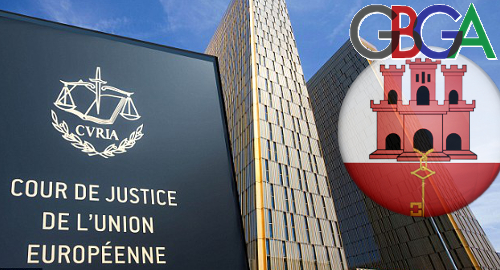 The European Union’s top court has rejected efforts to exempt Gibraltar-licensed online gambling operators from paying the UK’s online point of consumption tax.
The European Union’s top court has rejected efforts to exempt Gibraltar-licensed online gambling operators from paying the UK’s online point of consumption tax.
On Tuesday, the Court of Justice for the European Union (CJEU) issued its preliminary ruling on a dispute between the UK government and the Gibraltar Betting and Gaming Association (GBGA) regarding whether Gibraltar and the UK should be considered separate jurisdictions under EU rules governing the free movement of goods and services between member states.
The GBGA challenged the UK government’s 2014 revamp of its gambling rules, which required all UK-facing operators to pay 15% tax on online gambling revenue derived from UK punters. The GBGA argued that the new licensing regime ran counter to Article 56 of the Treaty of the Functioning of the European Union (TFEU) because the UK’s aims were more about boosting tax revenue than protecting consumers and amounted to an illegal extraterritorial tax. The UK High Court eventually asked the EU to weigh in on the matter.
On Tuesday, the CJEU rejected the GBGA’s argument, saying that, while Gibraltar was technically not part of the United Kingdom, the CJEU regarded a dispute between Gibraltar and the UK as “a situation confined in all respects within a single Member State.” The ruling was telegraphed earlier this year when CJEU Advocate General Maciej Szpunar issued a similar opinion on the GBGA’s claims.
While the CJEU has yet to issue its formal ruling on the GBGA’s challenge, Tuesday’s ruling further undermines the foundation of the GBGA’s legal argument. The ruling will also cause further speculation regarding the viability of Gibraltar’s online industry in a post-POCT, post-Brexit world.
Last month, Paddy Power Betfair announced that it was closing its Gibraltar office, although it insisted the closure was not the result of any Brexit fallout but merely part of the ongoing restructuring of the company following the 2016 merger of the Paddy Power and Betfair businesses.